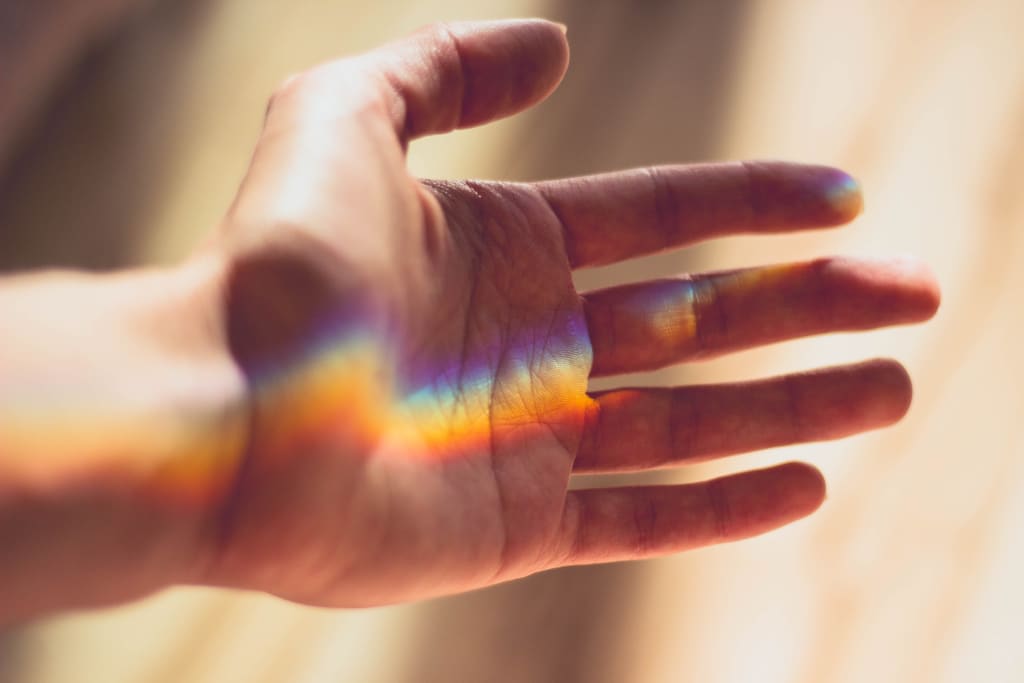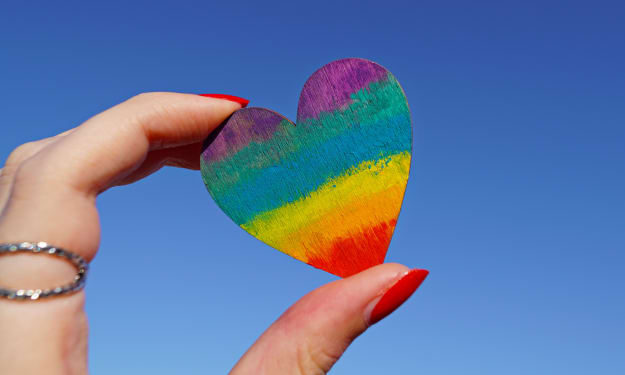The Ongoing Battle for Gay Rights
A Story of Equal Rights and the International Battle We Still Fight for Today

Growing up in the 70s and 80s was not always easy, but it was particularly hard if someone was anything out of the “ordinary.” This era was crucial when it came to things like human rights and tolerance. It was a turning point in how America viewed homosexuality and in how LBGTQ+ community members were treated both by the law and by the people.
Many people shaped history in this era, people like Frank Kameny, who fought for homosexual rights from the 50s until the day he died in 2011. His fight was so important that the pickets he used, like his famous "Gay is Good" sign, in the 60s were placed in the Smithsonian right next to Thomas Jefferson’s writing desk, Abraham Lincoln’s inkwell, and Alice Paul’s pin—all artifacts whose owners shaped American history.
People all over the US took part in this movement, and no matter how small or big their impact was, it was important. One of these people is Mick, a normal man from Colorado. He, like many people, had parents who did not even know what he meant when he told them he was gay, and yet today he is undoubtedly the most stable of their children—even when they were convinced at one time that he was insane. It is because of the people who fought for the rights of homosexuals in the US from all the way back to the 50s and before, until now that everyone in the American LGBTQ+ community have the same basic rights as every other American citizen.
Mick was born in Colorado in 1957 to two, now retired, University professors. As an adult he is an outspoken gay man, with a lifetime partner, his husband Mike, as well as an adult daughter who now teaches at an elementary school. He grew up in a fairly liberal family for the time, but it was still in a time where homosexuality was barely mentioned, if it was mentioned at all.
Through high school he was known as a playboy, not just dating many girls, but dating multiple girls at once, and making sure everyone knew about it. This was when he was first figuring out that he did not even like the girls he was dating, but he had something to prove: he was definitely not gay.
However, in college, and out of the small Colorado town he grew up in, things changed. It was during this time that AIDS was becoming a pandemic, but it was also when he would meet the man who would become a permanent part of his life. Mick lived with Mike for years as supposed “roommates,” and no one questioned it until his Aunt, actually a year younger than him, came to visit. Of course, she already knew; she was just waiting for them to tell her.
Even in the city, Mick and Mike were very limited in who they could tell without ruining their reputations, so for years they were simply roommates, renting a two-bedroom apartment and only using one bedroom. It was at a family reunion that Mick finally came out to his parents—his mother asked what “gay” meant, while his father simply thought he was crazy. This was the first fight he went through for his own rights within his family.
Mick was not the only one fighting for his rights during this era, teenagers and adults all over the country were battling against the very thing that defined them, their own identity, as Eric Jiminez-Lindemeir talks about in his Huffington Post article “As a Gay Man, The 80s Crippled My Identity.” Eric’s story closely resembles Mick’s, a gay man in the 80s, finding his way through a society that was uneducated and misinformed. A society that was convinced that the AIDS virus was a curse from heaven on gay people when, in reality, it was the lack of sexual education for the LGBTQ+ community.
According to Mick, being gay affected everything from where he could rent, to where he could eat, to where he could work. So, it was smarter and easier to keep it a secret, from his landlord, from his boss, from his server at his favorite restaurant. There were no equal rights laws in place yet, so while now it is illegal to discriminate against someone because of his/her sexual identity, at that time, it was not. They were turned away from an apartment, turned away from jobs, and almost lost their opportunity to open their hair salon when they finally got the chance to. The most important thing they almost lost because of their sexual orientation was the right to adopt a child. Except they did adopt that child, and she was raised to be more tolerant, more caring, and more accepting than plenty of people raised by strictly traditional families.
The US has come very far concerning equal rights for the LGBTQ+ community, and with the legalization of gay marriage in 2015, the nation has reached its highest point, but even with this right finally being granted to the community in all 50 states America still has much to work on. Children should not be taught that two boys holding hands is gross. If a straight teenage couple can hold hands walking through the mall, a gay couple should not be ostracized for it.
Unfortunately, these kids are still forced to be prepared for the judgement they are going to face. While they cannot be turned away from jobs anymore, they will still face negativity from people as close to them as their parents, or as far as the stranger picketing against gays across from their college. The most important thing to remember is that it is 2019, and honesty is the best medicine. If a teenager’s parents stop loving them because they are gay, then maybe those parents were never suited for the job in the first place. It is not the child that needs reeducating in that situation; it is the parents. Still, not everyone is going to understand, and still, the LGBTQ+ community fights for the people who are only just joining, who might have lost one family but have gained another in the form of tens-of-thousands of Americans, as well as so many others all across the world, who are going through the same struggles, or worse, every day.
To all those fighting for their own right to not just love who they love, but to even be seen, we see you. We hear you. We love you. And we walk with you every day down the path towards equality.
About the Creator
Tessa Giasson
My main focus is gay rights, but after saying that, it isn't all I care about. I'm an ESL tutor, animal lover, a music enthusiast, a witch, but above all, I'm a writer, it's in my blood and in my heart. I hope you enjoy! Insta- @daliaveyani






Comments
There are no comments for this story
Be the first to respond and start the conversation.